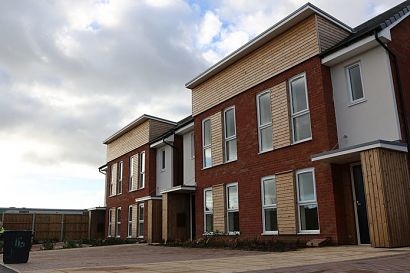
The Tracker is a response to the challenges of collecting and using data to monitor and assess decarbonisation in the EU building stock and will monitor progress annually.
Designed as a high-level index based on 6 indicators, the tracker showcases the progress of the EU building stock towards full decarbonisation by 2050 on a 0-100 scale, starting from the adoption of the Paris Agreement in 2015, until 2019, currently the last year for which indicator data is available.
According to BPIE, the results of this first edition of the Tracker indeed show that the buildings sector is not even close to being on track to achieve climate neutrality in 2050.
“It is not really a surprise that the EU is off track to decarbonise the buildings sector” said Oliver Rapf, Executive Director of BPIE. “However, the EU Buildings Climate Tracker gives strong evidence about the magnitude of the decarbonisation gap and underlines the urgent need for additional action. This should be reflected in a transformational outcome of legislative discussions on the EPBD (Energy Performance of Buildings Directive).”
In 2019, the index has a calculated value of 0.48 on a scale between 0 (reference situation in 2015) and 100 (climate neutrality in 2050), while it should be at 14 points. Four years of potential progress towards climate objectives have been lost. The Tracker also indicates that building decarbonisation is far from progressing at the speed needed. The achieved progress between 2015 and 2019 was a 0.12 point annual improvement, while it should have been at 3.6 points.
To catch up, the annual rate of improvement as of 2019 until 2030 must now be at 5 points per year. According to BPIE, this is strong evidence for the urgent need for additional action that should be reflected in a transformational outcome of legislative discussions on the EPBD. In the run up to Council negotiations, BPIE urges Member States to prioritise the foundational role buildings play against the backdrop of climate change and the energy crisis, and to reflect that in a strong legislative result.
“Considering the strong catch-up needed in terms of decarbonisation of the building stock, there is no time to lose and no possibility to take it slow or be shy in the actions taken” added Mr Rapf. “Buildings’ efficiency must be rapidly upscaled to meet our climate targets and alleviate the impacts of the energy crisis. The EPBD revision is a crucial opportunity we cannot afford to miss. This is the only way to keep the promises of the Paris Agreement alive. ”
For additional information:

